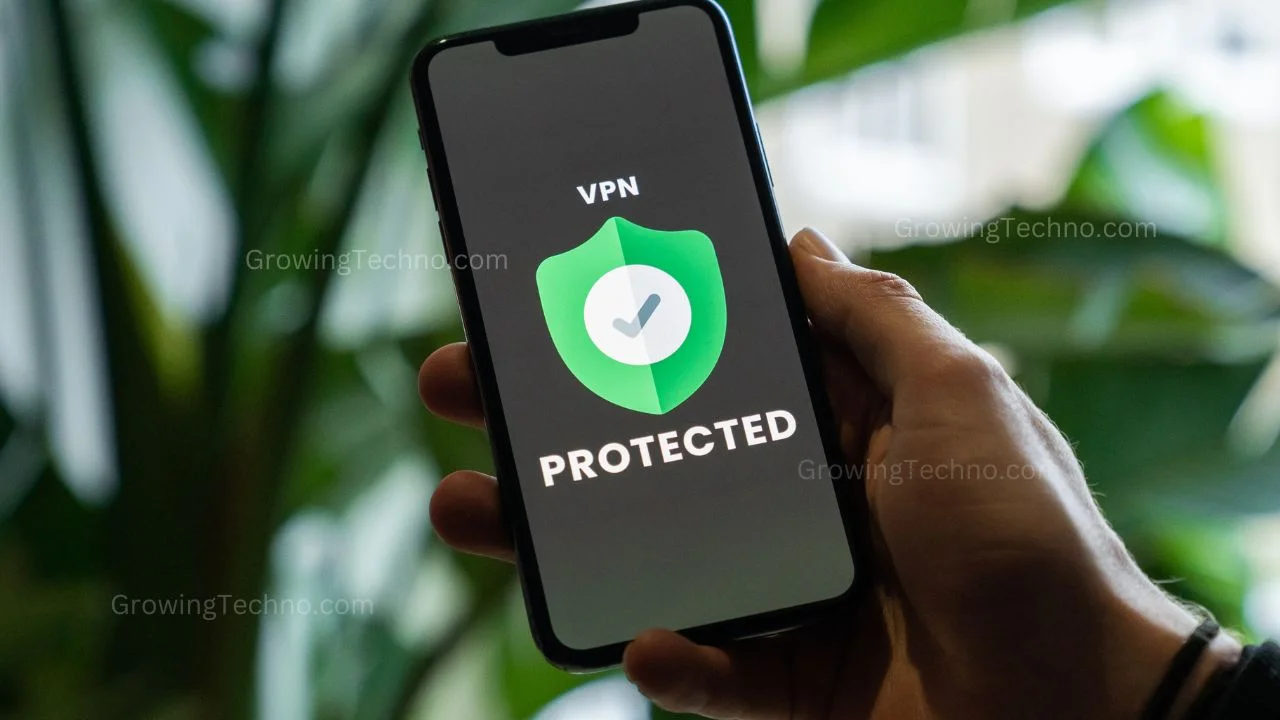
In today’s digital landscape, small businesses are increasingly becoming targets for cybercriminals. As a small business owner, it is crucial to safeguard your small business prioritize cybersecurity, and implement essential practices to protect your sensitive data, maintain customer trust, and ensure business continuity. In this article, we will explore five essential cybersecurity practices that every small business should adopt to fortify its defenses and minimize the risk of cyber-attacks.
Create a Strong Password Policy:
One of the simplest yet most effective cybersecurity practices is establishing a strong password policy. Encourage employees to use unique, complex passwords that include a combination of letters, numbers, and special characters. Enforce regular password updates and educate your staff on the importance of not sharing or using passwords across multiple accounts. Implementing multi-factor authentication (MFA) adds an extra layer of protection by requiring additional verification beyond passwords.
Educate and Train Employees:
Employees play a crucial role in maintaining cybersecurity within your small business. Conduct regular training sessions to educate them about common cyber threats, such as phishing scams and social engineering tactics. Teach them how to identify suspicious emails, avoid clicking on unknown links, and report any potential security incidents promptly. By fostering a culture of cybersecurity awareness, you empower your employees to become the first line of defense against cyber-attacks.

Implement Regular Software Updates and Patch Management:
Keeping your software and systems up to date is vital for staying protected against known vulnerabilities. Hackers often exploit outdated software to gain unauthorized access. Establish a systematic process for installing software updates and security patches promptly. Consider using automated tools or managed services to streamline this process and ensure comprehensive coverage across all devices and applications.
Back-Up Data Regularly:
Data loss can have devastating consequences for a small business. Implement a regular data backup strategy to protect your critical information. Store backups on secure, off-site servers or cloud-based platforms. Test the restoration process periodically to ensure the integrity and availability of your backups. Having reliable backups enables you to recover quickly in the event of a ransomware attack, hardware failure, or natural disaster.

Use Robust Security Solutions:
Invest in comprehensive security solutions to safeguard your small business against cyber threats. Install reputable antivirus software, firewalls, and intrusion detection systems to protect your network and devices. Consider using encryption technologies to secure sensitive data, both in transit and at rest. Regularly monitor network traffic and implement security measures, such as virtual private networks (VPNs), to protect data when accessing it remotely.
Conclusion
Cybersecurity is a critical component of running a small business in the digital age. By implementing these five essential cybersecurity practices – creating a strong password policy, educating and training employees, implementing regular software updates, backing up data regularly, and using robust security solutions – you can significantly reduce the risk of cyber-attacks and protect your business’s sensitive information. Prioritize cybersecurity as an ongoing effort, stay informed about the latest threats, and adapt your security measures accordingly. Doing so will enhance your business’s resilience and ensure a secure environment for your operations and customers.
Found this helpful? Share the wisdom!










